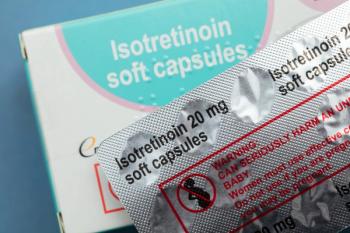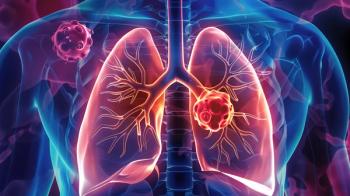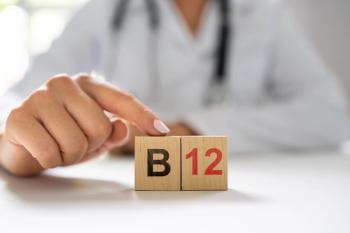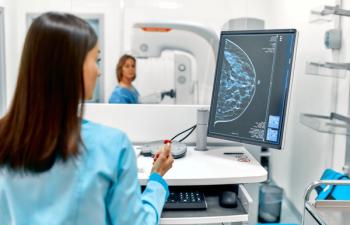
Truvada Fails to Prevent Man from Positive HIV Test
This case is the first reported failure for pre-exposure prophylaxis to stop HIV infection.
A gay man has been infected with HIV despite taking Truvada every day for 2 years.
The case, which was reported by a scientist at the recent Conference on Retroviruses and Opportunistic Infections in Boston, is the first reported failure for pre-exposure prophylaxis (PrEP).
In the current case, pharmacy records and dried blood spot analysis both indicated “consistent dose-taking in the preceding 1 to 2 months,” noted David Knox, MD, an HIV specialist and lead author of the new study, during his presentation. The patient was reportedly “adamant” that he was completely adherent to PrEP since he first began the regimen in August 2013.
Dr. Knox also explained that the patient’s HIV-positive partner had “undetectable” levels of antiretroviral therapy, and he reported having anal sex without a condom within 2 to 6 weeks of testing positive for the infection.
“Failure of PrEP in this case was likely due to the transmission of a PrEP-resistant, multiclass resistant strain of HIV-1,” the study authors concluded.
A
Some Truvada critics have said that the pill encourages riskier sexual behavior without condoms. AIDS Healthcare Foundation President Michael Weinstein previously referred to Truvada as a “party drug.”
As medication experts, pharmacists know how to
“Pharmacists can be first-line providers in providing information…and can play a role at each stage of the HIV [prevention] and care continuum,” Jacek Skarbinski, MD, of the CDC previously told Pharmacy Times.
Newsletter
Stay informed on drug updates, treatment guidelines, and pharmacy practice trends—subscribe to Pharmacy Times for weekly clinical insights.








































